This collection of films delves into profound themes and philosophical questions, offering viewers an opportunity to reflect on life, existence, and the human condition. Each film in this selection challenges conventional thinking and invites introspection, making it a valuable resource for those seeking to expand their understanding of the world through cinema.
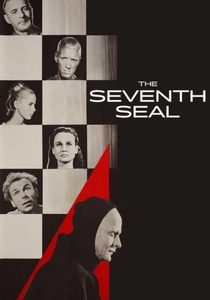
The Seventh Seal (1957)
Description: This film presents a knight playing chess with Death during the Black Death, exploring themes of faith, the meaning of life, and the inevitability of death.
Fact: The film's famous chess game was inspired by a medieval painting. Ingmar Bergman wrote the screenplay in just 14 days.
 Watch Now
Watch Now
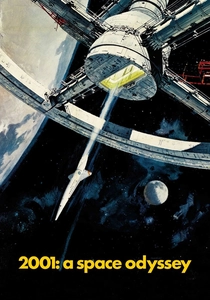
2001: A Space Odyssey (1968)
Description: Stanley Kubrick's masterpiece explores human evolution, artificial intelligence, and the search for meaning in the cosmos, presenting a visual and intellectual journey through time and space.
Fact: The film was developed in collaboration with Arthur C. Clarke, who wrote the novel concurrently with the film's production. The monolith's design was inspired by a simple black rectangle.
 Watch Now
Watch Now
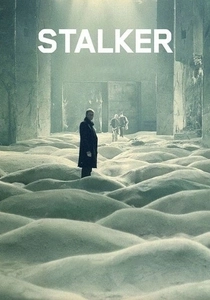
Stalker (1979)
Description: A philosophical journey into a mysterious zone where wishes can come true, this film examines themes of desire, faith, and the human psyche, based on the novel "Roadside Picnic" by the Strugatsky brothers.
Fact: The film was shot in Estonia, and the Zone was inspired by the real-life Chernobyl Exclusion Zone. The film's ending was changed multiple times during production.
 Watch Now
Watch Now
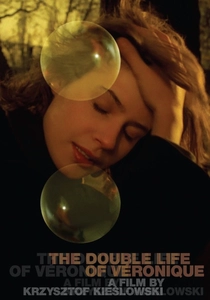
The Double Life of Veronique (1991)
Description: This film follows two identical women in different countries, exploring themes of identity, fate, and the interconnectedness of human lives.
Fact: The film was shot in Poland, France, and Italy. Krzysztof Kieślowski, the director, was known for his trilogy "Three Colours," which also delves into philosophical themes.
 Watch Now
Watch Now

The Matrix (1999)
Description: While known for its action, this film delves into deep philosophical questions about reality, free will, and the nature of consciousness, making it a staple in philosophical film discussions.
Fact: The Wachowskis drew inspiration from various philosophical works, including Plato's Allegory of the Cave. The film's visual effects were groundbreaking at the time.
 Watch Now
Watch Now
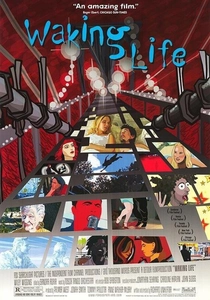
Waking Life (2001)
Description: Through a series of dreamlike sequences, this animated film delves into existentialism, free will, and the nature of reality, featuring philosophical discussions with various characters.
Fact: The film uses rotoscoping, a technique where live-action footage is traced over frame by frame. Richard Linklater, the director, also used this technique in "A Scanner Darkly."
 Watch Now
Watch Now
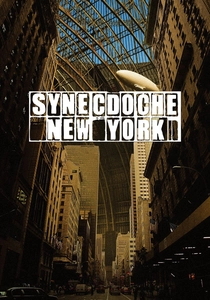
Synecdoche, New York (2008)
Description: A complex narrative about a theatre director creating a life-sized replica of New York inside a warehouse, this film explores themes of identity, art, and the human condition.
Fact: The film's title refers to the literary device where a part represents the whole. Charlie Kaufman wrote and directed this film, known for his surreal storytelling.
 Watch Now
Watch Now
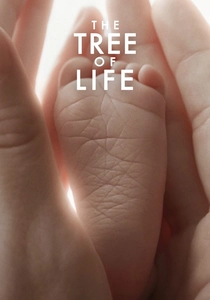
The Tree of Life (2011)
Description: This film explores the origins and meaning of life through the story of a family in the 1950s, juxtaposed with cosmic imagery, questioning the nature of existence and the search for purpose.
Fact: The film was inspired by director Terrence Malick's own childhood experiences. It also features a 17-minute sequence depicting the creation of the universe.
 Watch Now
Watch Now
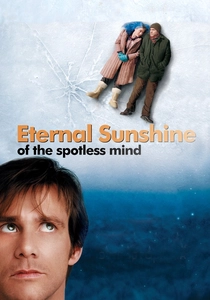
Eternal Sunshine of the Spotless Mind (2004)
Description: A unique exploration of memory, identity, and love, this film questions whether we would erase painful memories if given the chance, and what that would mean for our identity.
Fact: The film's title comes from a line in Alexander Pope's poem "Eloisa to Abelard." The script was originally written as a spec script by Charlie Kaufman.
 30 Days Free
30 Days Free
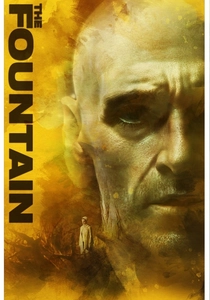
The Fountain (2006)
Description: This film intertwines three narratives across different time periods, exploring themes of love, mortality, and the quest for eternal life, challenging viewers to ponder the nature of existence.
Fact: Darren Aronofsky spent over a decade developing the film. The tree in the film represents the Tree of Life, a recurring theme in Aronofsky's work.
 30 Days Free
30 Days Free









